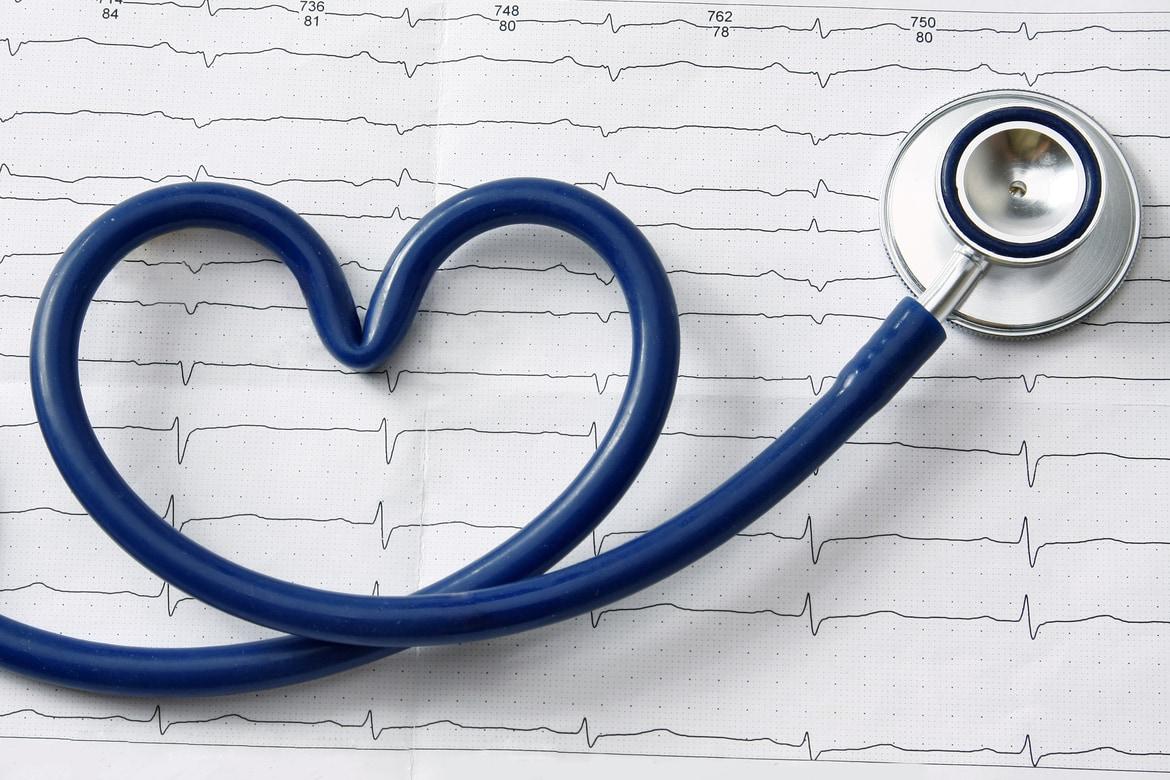-
-
Featured Care Areas

Computerised Tomography (CT) Scan
What is a CT scan?
A CT scan is a diagnostic imaging test that uses X-rays and digital imaging to produce cross-sectional visuals of your body structure.
How it works
A CT scan uses a large rotating X-ray machine to take images of your body from different angles. These images are combined into cross-sectional images of bones, blood vessels and soft tissues using computer software.
Why do you need a CT scan?
A CT scan is a painless and non-invasive imaging test that produces more detailed information than normal X-rays. It allows doctors to view images of body tissues, including lungs, bones, soft tissues and blood vessels at the same time, to make an accurate diagnosis.
Your doctor may recommend a CT scan to:
- Locate the blockage or bleed in your brain if you suffered a stroke.
- Plan and prepare you for surgeries such as awake craniotomy or deep brain stimulation surgery.
- Identify both normal and abnormal structures to guide radiotherapy, needle biopsies and other minimally non-invasive operations.
Who should not undergo a CT scan?
If you are pregnant, discuss with your doctor to decide if you are suitable for a CT scan.
What are the risks and complications of a CT scan?
A CT scan is a simple and safe test. It carries a low risk of:
- Exposure to radiation. The radiation dose from a CT scan is small and varies with the type of examination. It has not been shown to cause long-term harm.
- Harm to unborn babies. Although the radiation from a CT scan is low, your doctor may recommend alternative tests to avoid exposing your baby to radiation.
- Reactions to the contrast agent. The risk of severe allergic reactions to contrast material is rare, about 1 in 10,000. The risk of leakage of contrast material to surrounding tissues is 0.1%.
Why choose Parkway East Hospital?
Parkway East Hospital is the preferred private hospital serving residents in the east of Singapore. We are supported by a professional team from Parkway Radiology for CT scans.
For both diagnostic and interventional services, rest assured that you are in the good hands of an experienced team working closely with your doctor.
Find doctors from our allied hospitals
We offer a full spectrum of healthcare services under IHH Healthcare Singapore.
Check if your preferred hospital offers this treatment:
This page has been reviewed by our medical content reviewers.
Need help?
For enquiries, please call
+65 6377 3737
For appointment bookings, please WhatsApp
+65 8111 3777





